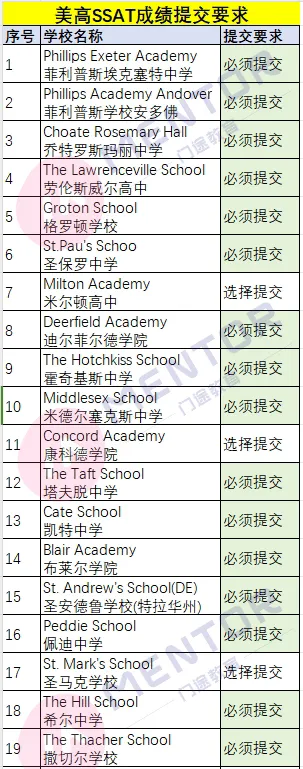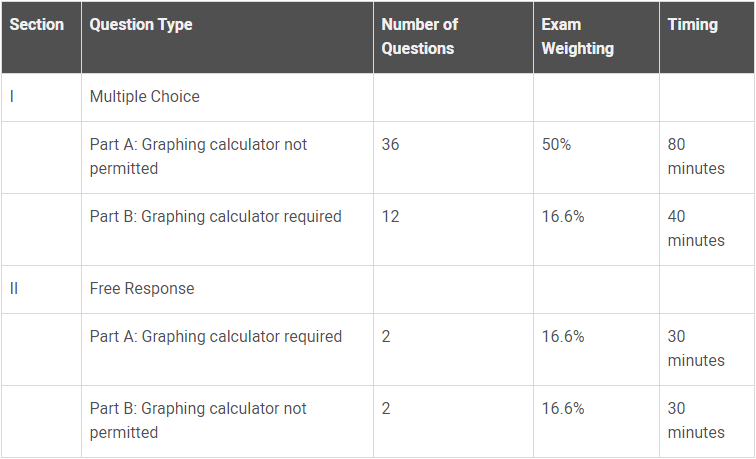根据考官的分析,学生失分的三个最常见的原因:0
Not answering the question, here’s an example – in an English literature question in which you are asked to comment on Shakespeare’s use of classical mythology in his plays and sonnets, you will not have answered the question if you write about Shakespeare’s debt to Ovid as demonstrated in his plays and sonnets.没有回答问题本身。
比如这个英国文学的问题,问题要求评论莎士比亚在他的戏剧和十四行诗中对古典神话的运用。如果像莎士比亚的戏剧和十四行诗中所展示的那样写莎士比亚欠奥维德的债,考生就并没有回答这个问题。
像物理结构卷的简答题,如果问题要求用牛顿力学定律来解释(Explain)某一个现象,只是罗列定律本身并不能得分,需要运用定律分析受力,对相应的运动做出解释才可以得分。02
Not recognizing the meaning of specialist or technical terms central to the subject, or not demonstrating an understanding of them by defining them, here’s an example – in a biology exam, you need to state that photosynthesis is the process by which plants and some bacteria use the energy from sunlight to produce glucose from carbon dioxide and water.没有理解到专业术语或技术术语的含义,或者没有通过书写定义来阐述对这些术语的理解。举个例子,在生物考试中,回答光合作用(photosynthesis)的同时也要解释光合作用的意义,是植物和一些细菌利用来自阳光的能量从二氧化碳和水中产生葡萄糖的过程。03
Not writing answers in the form specified in the question, here’s an example – in a history exam, if you are asked to make a case for or against Elizabeth I establishing England as a European power, you will gain fewer marks if you put down what you know about the monarch’s foreign policy but do not say what your position is on England’s role in Europe at the end of Elizabeth’s reign.
不以问题中指定的形式来书写答案。这里有一个例子,历史(history)考试,如果我们被要求支持或反对伊丽莎白一世将英格兰建立为欧洲强国,如果只写了对英国君主外交政策的了解,而没有讲对伊丽莎白统治末期英国在欧洲扮演的角色的看法,这样考生会得到很少的分数。
考试落笔前用一两分钟时间,关注下面几件事情,避免一些不必要的失误。
1、read through the exam paper from beginning to end
从头到尾浏览试卷。
试卷页数通常比较多,二三十页,又是formula book,又是公式表,经常有小盆友到下考场和小伙伴交流才发现漏做题了。
2、make notes on the instructions. How many questions do you have to answer? Which of them (if any) are compulsory?
仔细阅读考试说明确定试卷一共几个问题?
其中哪些(如果有的话)是必答题?
比如物理考试试卷Information部分明确指出加*的题对拼写、标点、语法等有要求。这就要求我们的答案表述要避免拼写、标点、语法等错误。
3、make a list of the questions you plan to answer – those that are compulsory (if any) and the ones you have opted for where there is a choice
拿到试卷边浏览就可以判断出哪些问题是擅长回答的,哪些问题是平时练习就有困难的,做出预判之后,优先完成擅长的,把有困难没把握的题放在后面做。
列出你打算回答的问题——那些是必须回答的问题(如果有的话),以及你选择的有选择的问题。
4、when you make your final choice about which questions to answer, make sure you understand exactly what is being asked of your for each question – see Analysing exam questions – verbs and concepts later in this study guide
在我们做题的时候首先要精读题目,确保了解每个问题的Question是什么,试题中提示问题的往往是动词,下面为大家列举问题或essay中常出现的一些动词,大家在考前通过查词典弄清楚各动词含义,以帮助理解问题到底问的是什么。
|
Analyse Assess Compare Contrast Outline Relate |
Analyse Assess Compare Contrast Define State |
Demonstrate Describe Discuss Distinguish Evaluate Summarise |
Examine Explain Explore Interpret Justify Trace |
5、draw up a timetable to show how long you should spend on each of the questions, including time at the end of the exam to read through all your answers
大致规划考试时间,在规定时间内完成所有问题,并预留出5-10分钟可以做交卷前的最后检查。比如检查significant figures,units等等。
大家可能会觉得这在考试中会浪费掉很多时间,实际上这几件事情是需要在平日阶段性模考中来做。将要参加的每一门考试选择3-5套past paper,每一套试卷都将上面的五个步骤完成一遍。 相信两三次模考之后,正式的考试 只需要花费1-2分钟就可以做到心中有数,不慌不忙。













